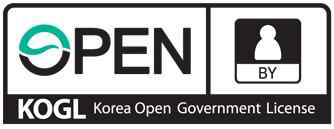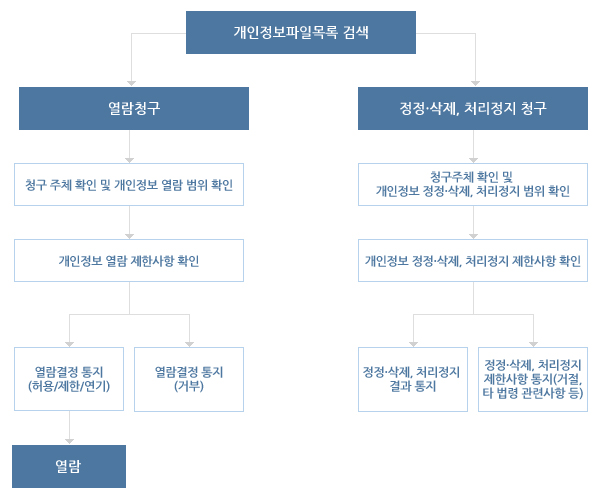In the Press
Rival parties again fail to give small firms grace period from workplace safety law
- Feb 13, 2024
- 132
SEOUL, Feb. 1 (Yonhap) -- Rival parties once again failed to reach an agreement Thursday on a bill that would grant small businesses an additional two-year grace period from the workplace safety law penalizing employers for serious industrial accidents.
The main opposition Democratic Party (DP), which holds a majority in the National Assembly, rejected the ruling People Power Party's (PPP) proposal to postpone the implementation of the law for another two years and to establish a government agency on industrial safety two years later as a condition.
The expanded application of the Serious Accidents Punishment Act for companies with fewer than 50 employees, which began last Saturday, will proceed as planned. Under the act, company owners or CEOs may face a minimum of one year in prison or fines up to 1 billion won (US$749,000) in cases of fatal on-duty disasters caused by inadequate workplace safety measures.
"The DP has decided to reject the government and the ruling party's proposal," Rep. Hong Ihk-pyo, the DP's floor leader, told reporters after a party meeting, emphasizing that the party has focused on the basic principle of prioritizing workers' safety.
Expectations had been high that the revised bill could possibly pass through a scheduled plenary meeting of the National Assembly later in the day, amid rising concerns that the penalty could possibly strain smaller firms.
President Yoon Suk Yeol criticized the opposition party's refusal to extend the grace period for small businesses.
"The DP refused to extend (the law's grace period) to earn votes from its supporters, neglecting people's livelihoods," Yoon was quoted as saying by presidential spokesperson Kim Soo-kyung.
Yoon called on related agencies to come up with measures to minimize the impact from the work safety law's implementation and avoid confusion in workplaces, Kim said.
The PPP criticized the DP's move, saying the refusal would eventually hurt some 8 million workers and 830,000 small and medium-sized businesses affected by the law.
"I think the public will eventually make a judgment on the DP's cold-bloodedness and inhumanity," PPP floor leader Yun Jae-ok said.
Despite the law's intended purpose to guarantee workers' safety, concerns have been raised as the number of on-duty disasters has not decreased since the law took effect and it lacks clarity in defining the criteria for punishment.
The PPP and owners of companies with fewer than 50 employees, constituting about 80 percent of all serious accidents, have demanded an additional grace period. They have cited a lack of preparation due to limited conditions, such as an economic downturn triggered by the COVID-19 pandemic, as well as the fact that the incrimination of an employer can eventually lead to business closure.
The DP and the labor circle, meanwhile, stated that the government has wasted the last two years without suggesting a detailed road map and failed to come up with measures to protect the workers.
khj@yna.co.kr
(END)
[Photo 1] Lawmakers of the minor Justice Party and labor circle protest as lawmakers of the main opposition Democratic Party enter for a party meeting at the National Assembly on Feb. 1, 2024. (Yonhap)
[Photo 2] Lawmakers of the ruling People Power Party, including its floor leader Yun Jae-ok (2nd from L, front), stage a rally at the National Assembly in Seoul on Jan. 25, 2024, to call for the passage of a bill aimed at extending a two-year grace period for companies with less than 50 employees for the workplace safety law punishing employers for serious industrial accidents. (Yonhap)


